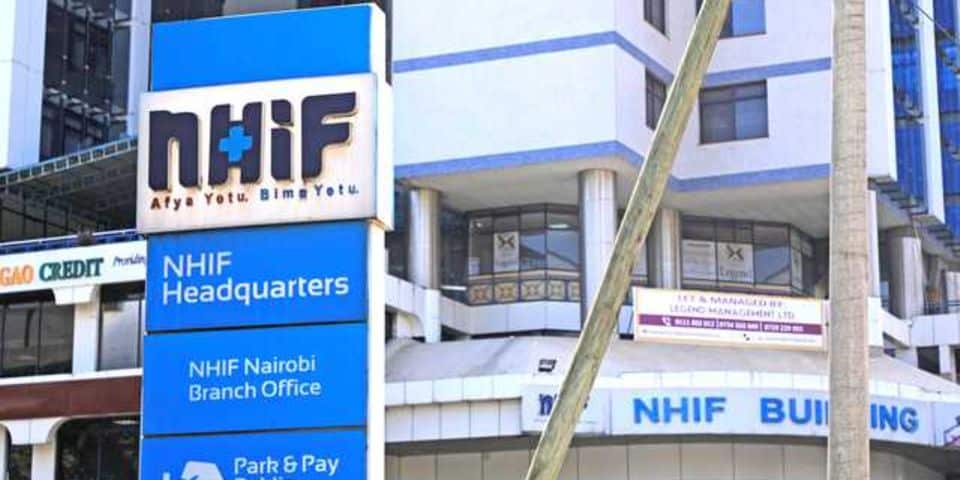The cost of living in Nigeria has fast become a crisis, fueled by double-digit inflation rates and naira devaluation. As a result, sustaining employee relations has become increasingly difficult for employers and HR professionals.
Ordinarily, the traditional levers of motivation include salary increases and cost-of-living allowance (COLA). But the cost of settling bills is rising faster than salaries.
However, these levers are becoming increasingly unreachable as companies grapple with macro-economic challenges. Businesses have implemented various cost-cutting measures, including layoffs and asset sales.
Yet, for those fortunate enough to keep their doors open, maintaining morale and showing employees they are valued has never been more critical, even though salary increases and COLA are off the table.
While some employers are willing to dollarise their workers' salaries, this is not feasible for many. A notable instance was a post on X (which has since been taken down) by Maya Horgan Famodu, Co-founder and CEO of Ingressive Capital, stating that despite layoffs, the company decided to start paying their employees in dollars to shield them from the continued devaluation of the naira.
In light of all these, one wonders what employers are contemplating while ensuring business survival.
Avoiding employee feedback surveys
A post by Adewunmi Alphonso, an HR professional, suggested reconsidering employee satisfaction surveys, a tool that is often used to measure workplace morale, especially if salary increments or COLA are not possible. Other HR professionals and employers also agree.
The rationale is that with employees struggling financially due to inflation and currency devaluation, their feedback may disproportionately focus on immediate economic hardships, overshadowing other aspects of workplace satisfaction and achievements of the past year. They further argue that, "If you can't meet their needs, why ask about it?"
It is, however, important to recognise that while this sentiment doesn't undermine the overall importance of surveys in creating a great workplace, the timing could distort the reality of employee satisfaction, and derail constructive dialogue about long-term engagement and growth within the company.

Suck at managing people?
Give it a try, you can unsubscribe anytime. Privacy Policy.
Nonetheless, there's a counterpoint emphasising the importance of facing reality and understanding the "pulse" of the company, regardless of tough times. There might never be an ideal time for engagement surveys since each season has its challenges.
And if employees cannot understand employee sentiments during these times, how do they monitor and adapt organisational health accordingly?
Transparency and consistent communication
Another compelling approach noticed in the conversations among HR professionals and leaders is the commitment to financial transparency. The natural tendency during economic uncertainty is to veil the business' finances, which often breeds employee anxiety and speculation. A healthier approach is openness about the company's financial health.
This will help demystify the reasons why leaders have to make extreme decisions like freezing salary increases or COLA adjustments. Rooted in honesty, this fosters trust and solidarity, bridging the management-staff gap during challenging times.
This approach also shows that employers are building an environment where team members are treated like individuals. In such a place, employees' needs and aspirations are considered and they have enough information to decide their next moves.
Flexible work arrangement
Implementing remote or hybrid work models offers a non-financial yet viable alternative to demonstrate concern for employees' welfare. This does not only address the immediate concern of reducing transportation costs — a significant burden given the rising cost of fuel — it acknowledges the changing dynamics of work-life balance.
Employers who adopt this aren't just making a logistical adjustment, they are signalling that employee well-being and work-life balance are prioritised, fostering trust and loyalty.
This transition, though born out of economic necessity, can cultivate a more engaged and satisfied workforce.
Investment in mental and emotional support
With economic pressures mounting, attention to mental health is crucial. Employers should recognise that though financial remuneration is important, it's only one aspect of employee satisfaction. A holistic approach includes mental and emotional health support.
This is a way to acknowledge that an employee's value is seen not just in their productivity but in their overall well-being.
Employers can invest in initiatives ranging from counselling services and employee assistance programs (EAPs) to mental health days off, stress management workshops, gym subscriptions, and other corporate wellness programmes.
As the economic situation remains unstable, keeping businesses afloat and maintaining employee satisfaction will remain a challenge. However, the strategies adopted now could define future workplace dynamics.
Many companies have shown resilience in the face of uncertainty, and their ability to adapt will continue to be crucial. The conversation about creative approaches leaders are adopting for employee satisfaction is an ongoing one; we welcome your contributions.






















